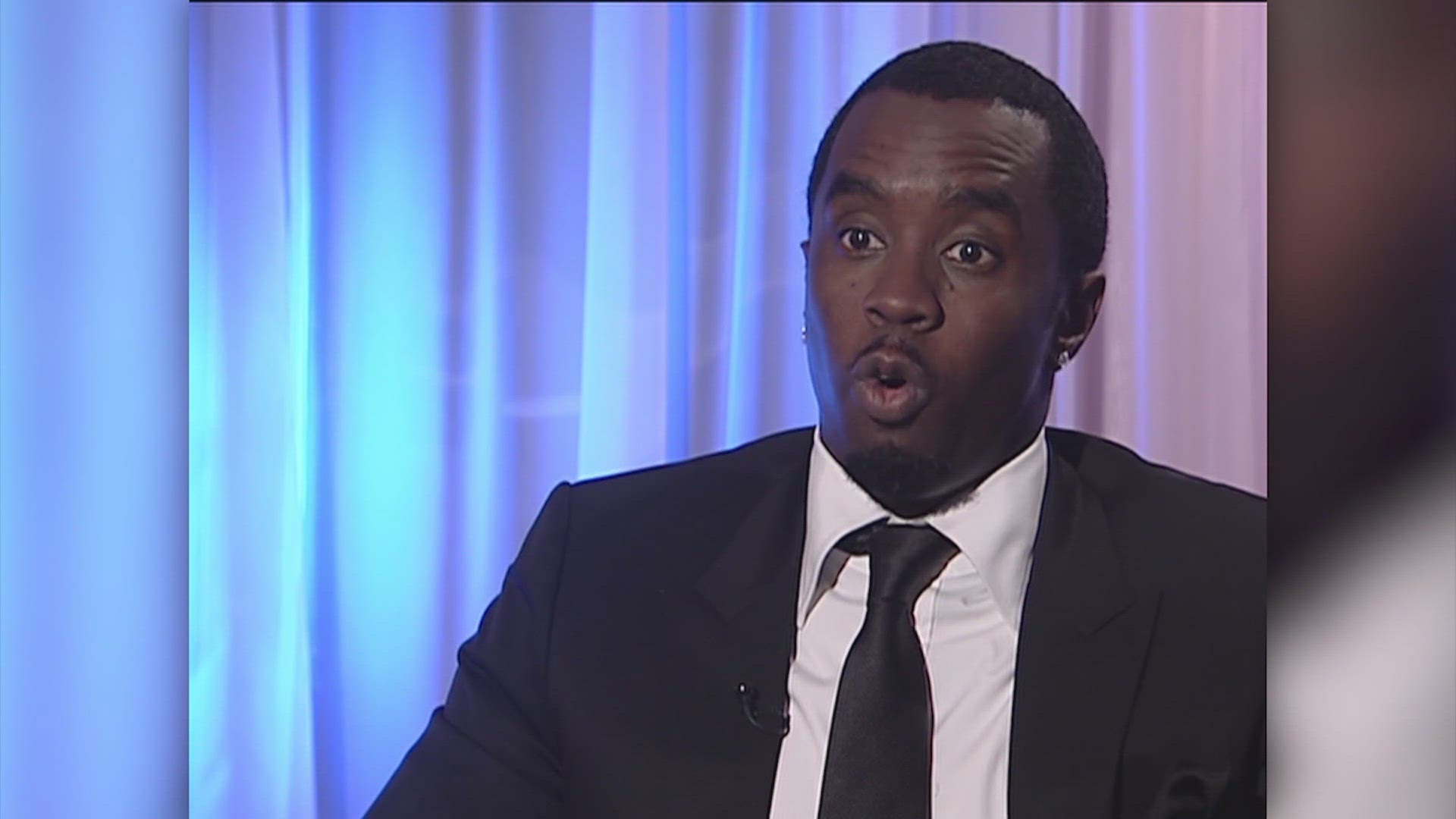CANNES, France — Last year's edition of the Cannes Film Festival prompted an outcry when only two female directors were chosen out of 19 spots in the main competition.
One year later, with the 2016 festival underway, this number has inched in a positive direction — emphasis on "inched." Three films (out of 20) helmed by women are competing for the festival's top prize, the Palme d’Or. That's 15%.
With Andrea Arnold’s American Honey and Nicole Garcia’s From the Land of the Moon having premiered Sunday, and Maren Ade's well-received dramedy Toni Erdmann Saturday, all of the female directors have shown their competition films this year — with the festival not even halfway complete.
But the conversation of how to improve the situation, not only in Cannes but industry-wide, will rage on well beyond the festival close on May 22.
"These are all really big artistic questions," says Money Monster director Jodie Foster, the only female director with a film in an out-of-competition showcase. "But they are not going to be served by a dialogue that’s oversimplified."
Foster says the festival "is doing well in programming" and opposes the idea of pressuring for increased numbers or quotas. Instead, she takes aim at a risk-adverse Hollywood system that doesn't allow women to direct films.
![Will summer blockbusters do right by women? [oembed : 84427972] [oembed : 84427972] [oembed : 84427972] [oembed : 84427972] [oembed : 84427972] [oembed : 84427972] [oembed : 84427972] [oembed : 84427972] [oembed : 84427972] [oembed : 84427972]](/Portals/_default/Skins/PrestoLegacy/CommonCss/images/smartembed.png)
"With large investments in these major franchise films, (the studio heads) are scared to hire anyone they see as a risk. And for some reason, women count as risks," says Foster. "That’s the part we have to figure out, why are women viewed as risks?"
Money Monster star George Clooney also believes the representation issue needs to be addressed on the macro-level. Right now, says Clooney, there's a short list of predominately male directors who can get a project green-lit.
"We need to expand that list considerably," he says. "We need to stop playing in a 30-year-old swimming pool. We need to open this pool up."
Kristen Stewart, who stars in two films at 2016's festival, seeks to work in that pool. Stewart has been funded and green-lit to direct her first short film with the aim of taking on a feature film eventually.
She bristles at the discussion of director representation at the festival, but knows the discourse is vital to improve the situation.
"We alienate ourselves (as women) completely by talking about it," says Stewart. "But there’s no way to actually affect change without talking about it."
Stewart, 26, is heartened that the dialogue has a different tenor altogether when she talks to even younger aspiring filmmakers. With the next generation, she says, the gender of the person behind the camera doesn't matter.
"With these kids, the acceptance (of the director) and fluidity, that is so second nature. I’m like, 'Dude, that was not like that when I was in high school,' " she says. "I think things are going to change really quickly based on desire."

![Cannes [image : 84411758]](http://www.gannett-cdn.com/media/2016/05/15/USATODAY/USATODAY/635989090526789851-EPA-FRANCE-CANNES-FILM-FESTIVAL-2016-81884949.JPG)

